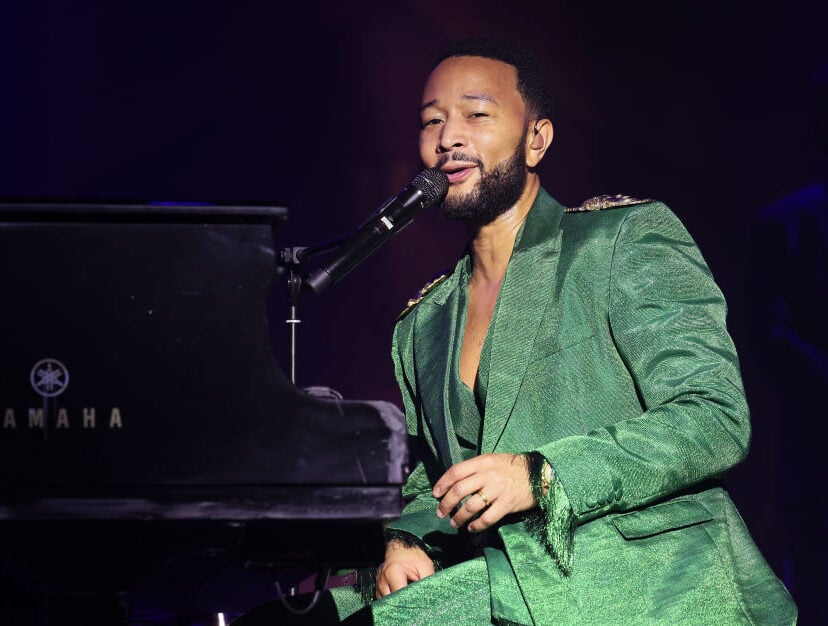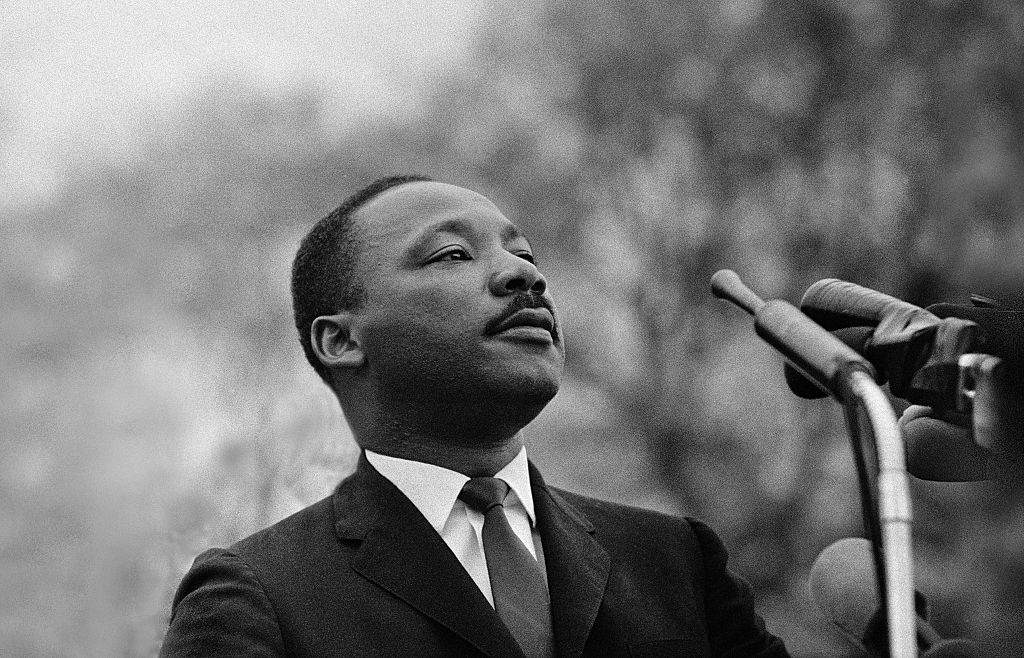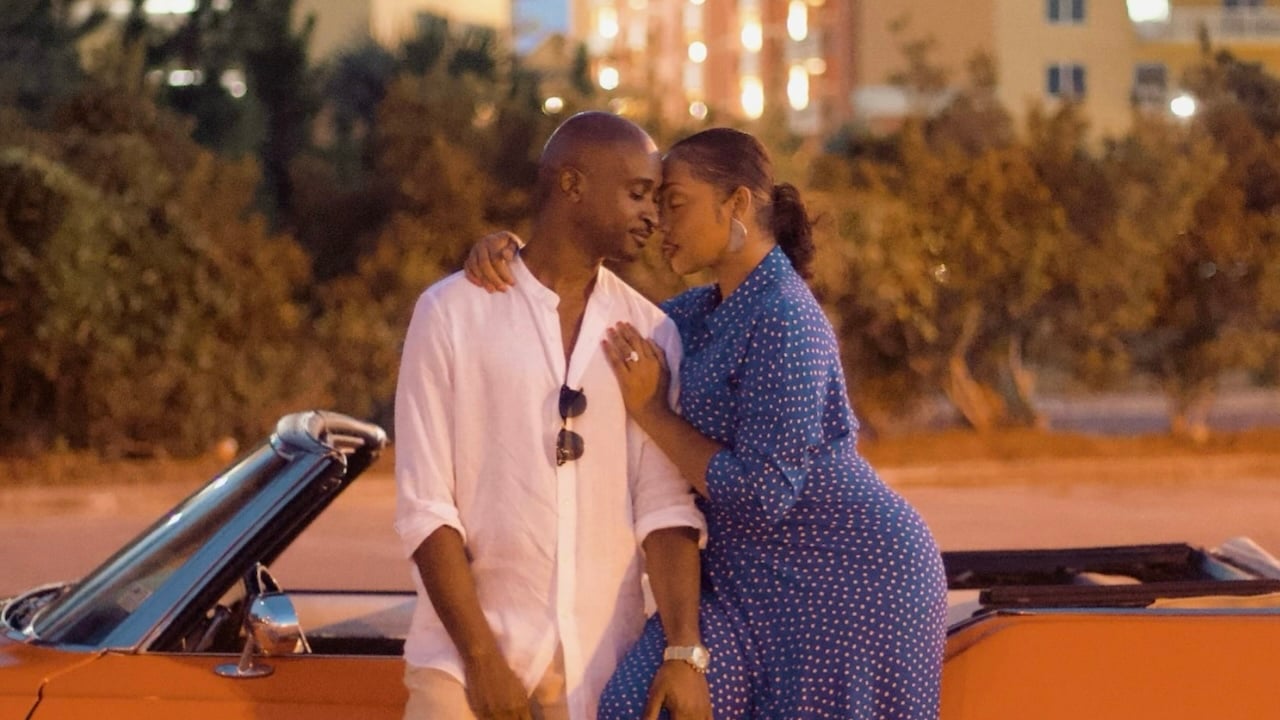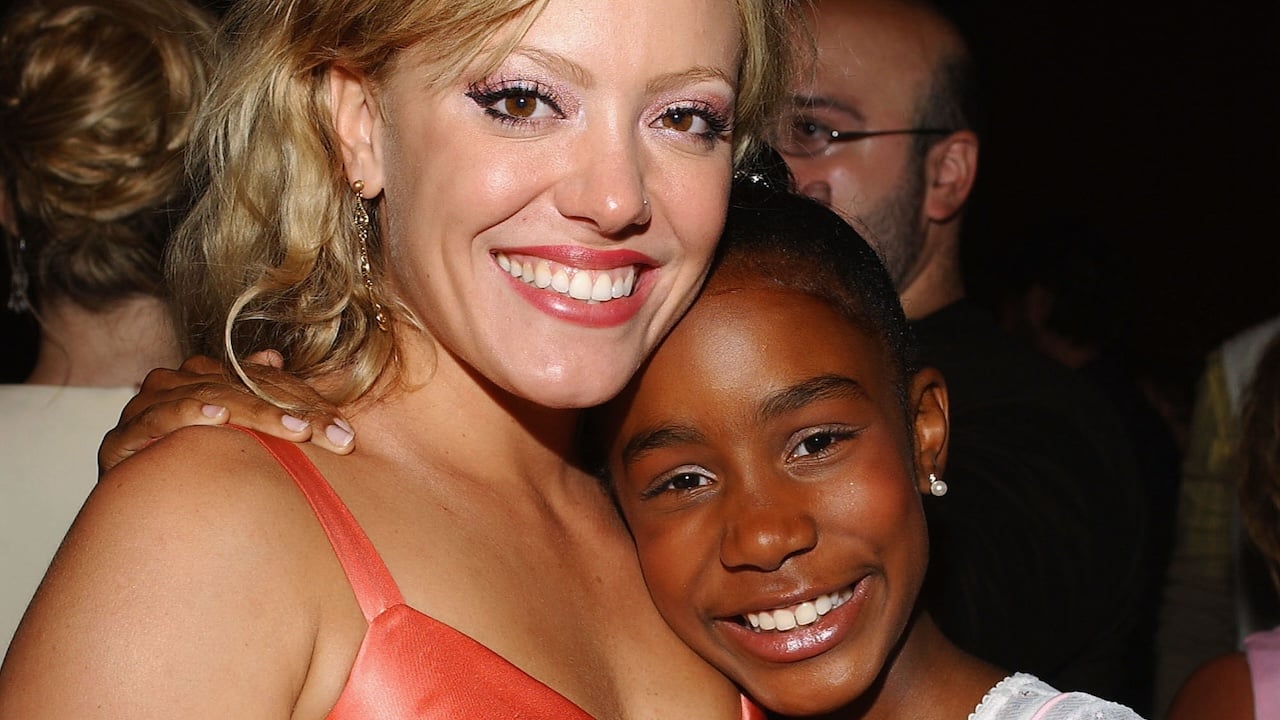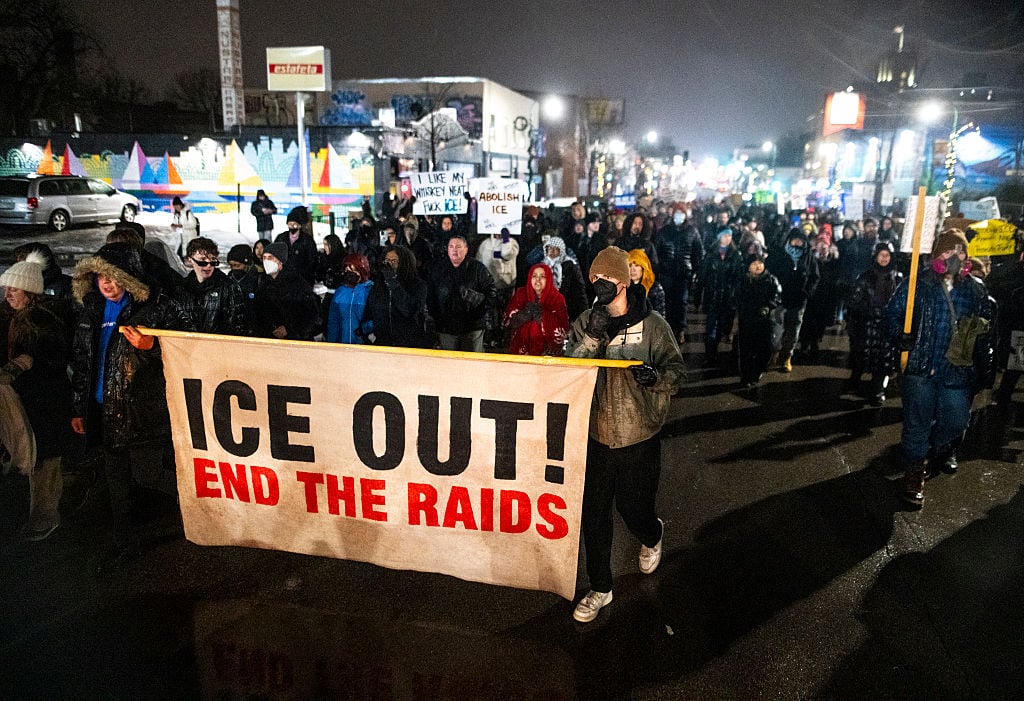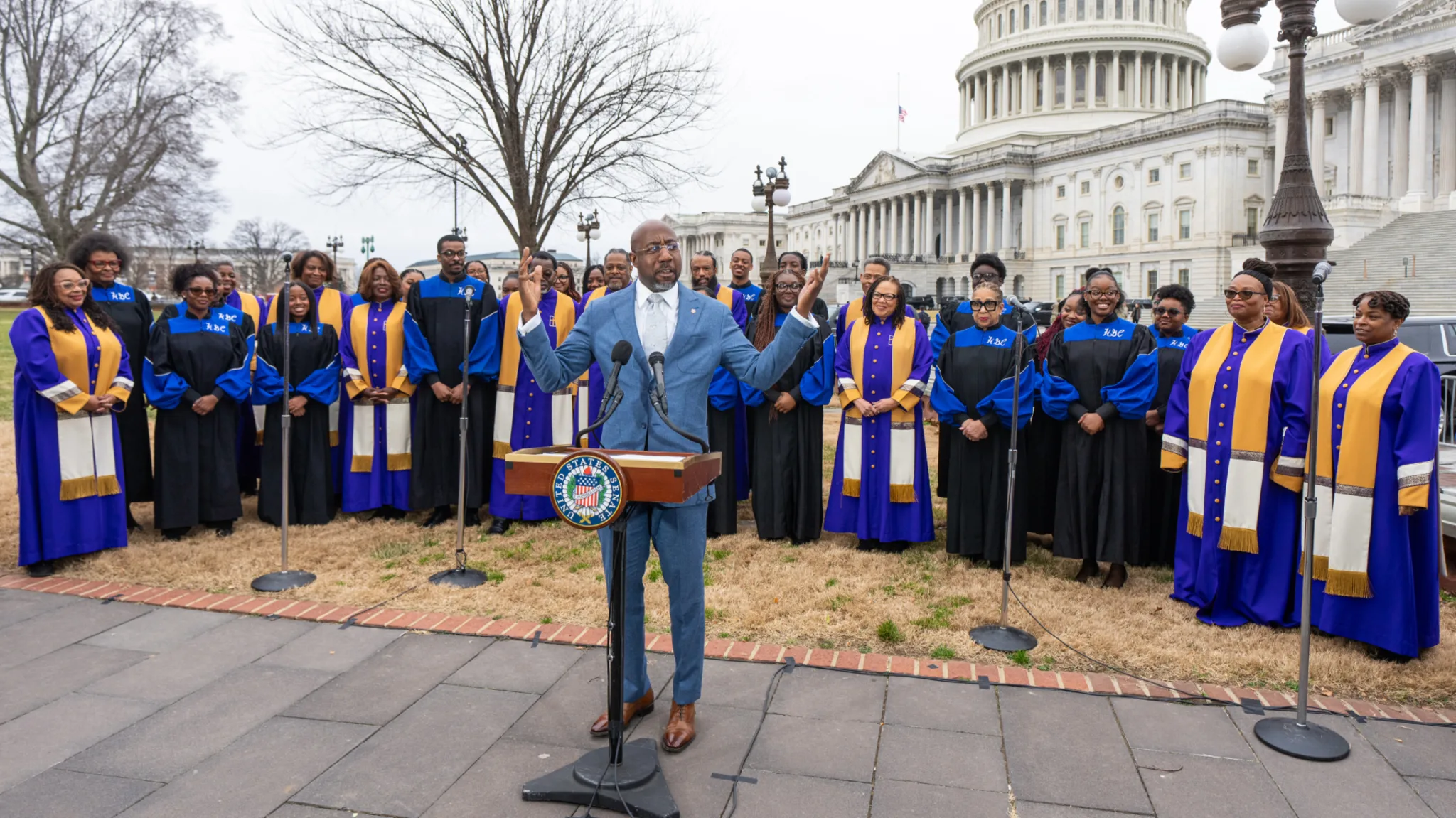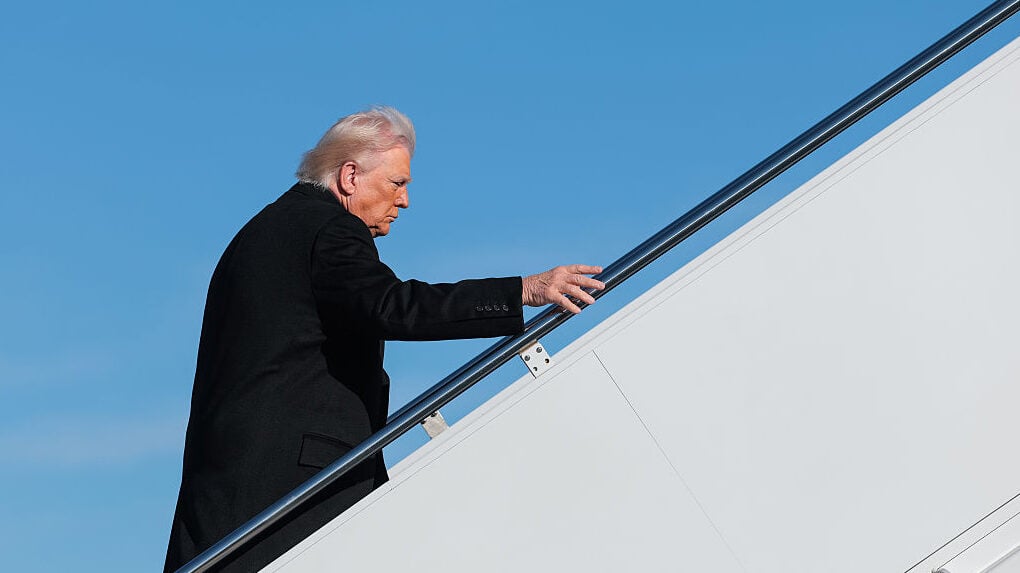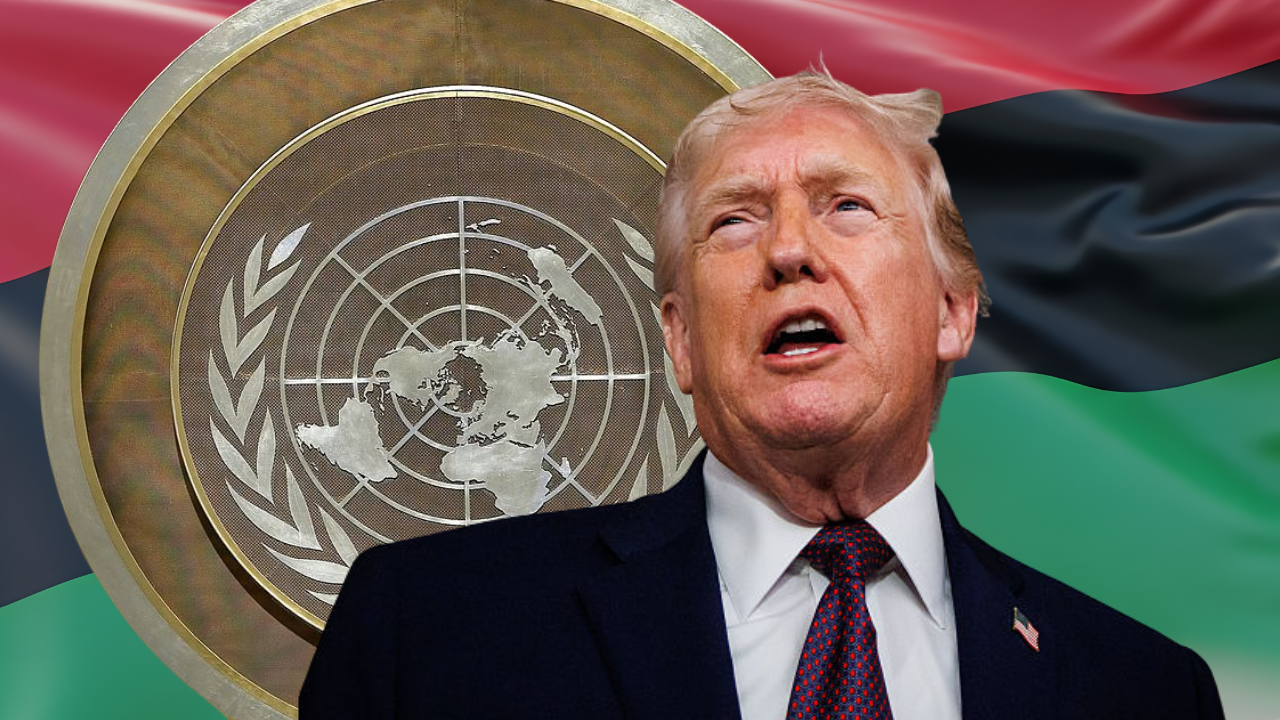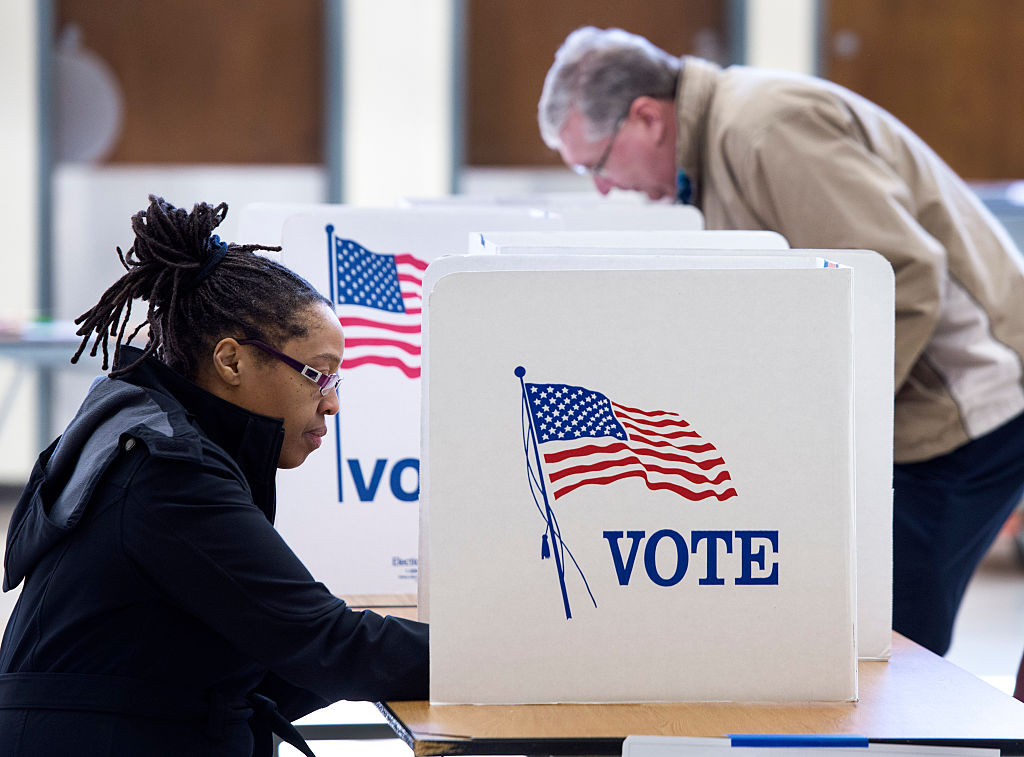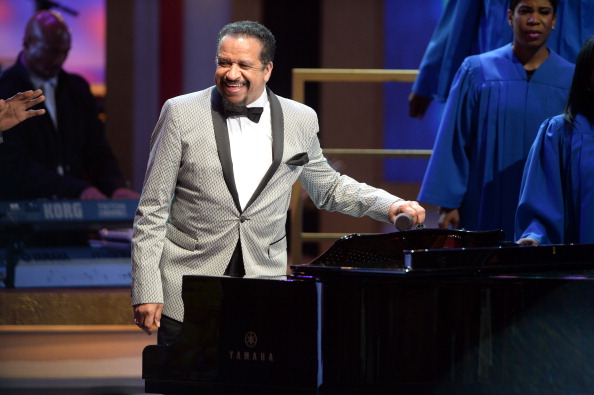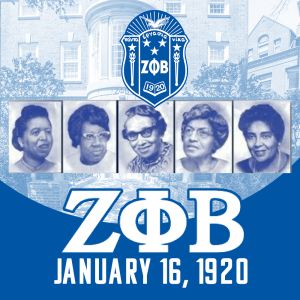The VMAs Snubbing Ananda Lewis Was A Slap In The Face
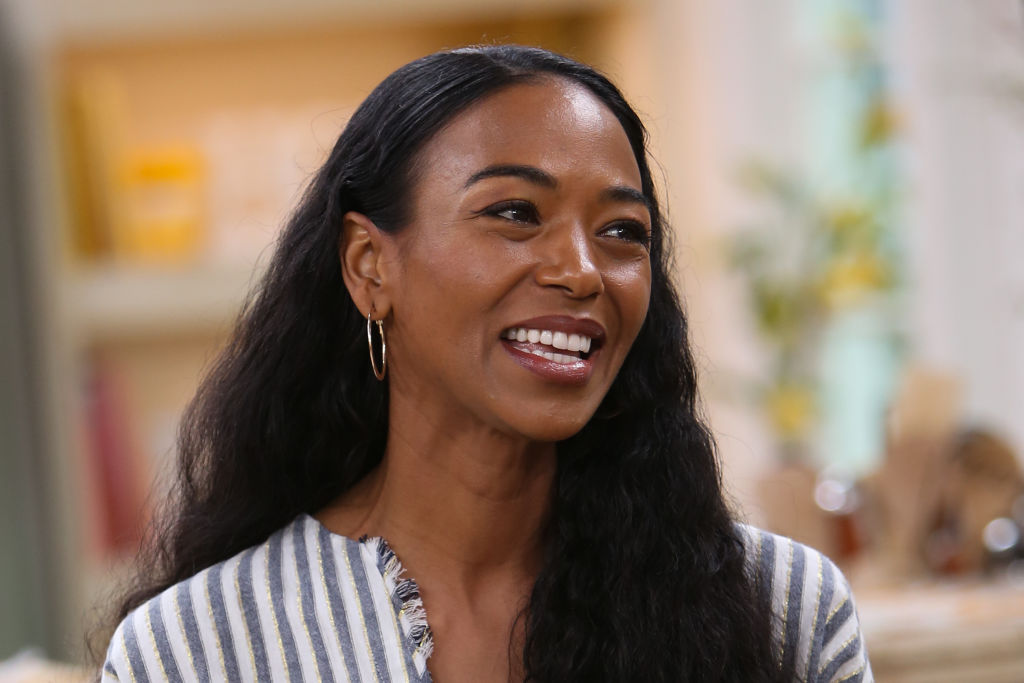

It can be a thankless job to be a Black woman — no matter how much of an impact you make. MTV reminded 5.5 million viewers of just that when they failed to honor, let alone mention, Ananda Lewis at last Sunday’s Video Music Awards.
Lewis, who was a host on Total Request Live, died at age 52 on June 11, 2025, in Los Angeles after a long, public battle with breast cancer. She entered TRL at a pivotal moment. As a young, Black woman VJ, she made her voice heard and broke down barriers in a white and male-dominated network. Her relatability, intellect, and cultural expertise resonated with audiences and influenced younger generations of music fans and aspiring journalists.
MTV owed her for the credibility and impact she brought as a VJ. Yet they failed to properly honor her at the award show. Busta Rhymes, who received the inaugural Rock The Bells Visionary Award, took it upon himself to give Lewis her flowers.
“I want to thank — and I think we all need to acknowledge — the incredible woman that loved us very much when we came to MTV during the ’90s,” he said. “An incredible woman that loved me and she loved us. She loved the culture; she lifted us up. I love her very much. I miss her very much. The late, great, incredible royal empress Ananda Lewis.”
The glaring omission is extremely disappointing, but not surprising. When it launched in 1981, the network aired mostly rock acts who were white while shutting out Black artists’ music videos. The few music videos from Black artists that the channel aired could only be seen from 2 a.m. to 6 a.m.
Rick James, David Bowie, and others called MTV out for this. Accusations of racism, combined with artists like Michael Jackson, Prince, Whitney Houston, and others dominating the charts, pushed MTV to become a bit more inclusive. And with hip-hop on the rise in the ‘80s, Yo! MTV Raps further broke the network’s mold. With rock on the decline and hip-hop, pop, and soul on a steady rise, Black artists did MTV a favor as the network’s shift drew a higher viewership and cemented it as a cultural staple.
Even still, discrimination continued to rear its ugly head at MTV. Though a handful of Black artists have received the Video Vanguard Award at the VMAs, starting with Jackson in 1988, fans have consistently called out the talent who have been overlooked.
In 2019, the network finally honored Missy Elliot, a pioneer when it comes to creating visuals that accompany her work, after a social media campaign called them out for consistently snubbing her. Even Rhymes took a jab at MTV on Sunday after receiving his first VMA. “Next time y’all take 35 years to give me one of these …,” he said with a straight face as he accepted the award and honored Lewis.
From 1997 to 2001, Lewis was a fixture on the network, interviewing talent like Destiny’s Child and Brandy and covering the death of Aaliyah in 2001. Her fresh perspective and sharp skills made her one of the most popular VJs on the station. In 1999, senior vice president for production Bob Kusbit told the New York Times, “In the past, our talent was sometimes just pretty people who could read cue cards. But when we brought Ananda to MTV, we decided we were going to do a lot more live television.”
If you turn on MTV today, you’ll find round-the-clock reruns of Ridiculousness instead of music videos. The network is a shell of its former self. MTV leans on its cultural legacy and pumps all of the energy it puts behind music into the production of special events, the VMAs being its crown jewel. With streaming becoming king, historical significance is helping carry MTV. Part of that foundational history was built on Lewis’ back, which is why it is doubly a slap in the face to fail to pay tribute or acknowledge Lewis.
MTV has some serious rectifying to do. At the same time, even that will fall short. Time and time again, the network has ignored and left out Black talent who deserved so much more. And they aren’t alone. Major award shows, including the Oscars, Grammys, and Emmys, have reaffirmed the need for the BET Awards, NAACP Awards, and others dedicated to uplifting Black artists who would otherwise go ignored.
Upon learning about Lewis’ death, media outlets, content creators, and more paid tribute to her as a former VJ, transformative journalist, and advocate for Black women’s health. Those who loved her weren’t quiet about how much she gave to the industry and them personally. In theory, that should be enough.
But what does it say about an institution that fails to honor those who helped build it? And where do we go from here?
SEE ALSO:
MTV Faces Backlash For Disregarding Late VJ Ananda Lewis
Ananda Lewis Through The Years: Remembering Her Life, Legacy, Beauty, & Strength
What's Your Reaction?
 Like
0
Like
0
 Dislike
0
Dislike
0
 Love
0
Love
0
 Funny
0
Funny
0
 Angry
0
Angry
0
 Sad
0
Sad
0
 Wow
0
Wow
0




